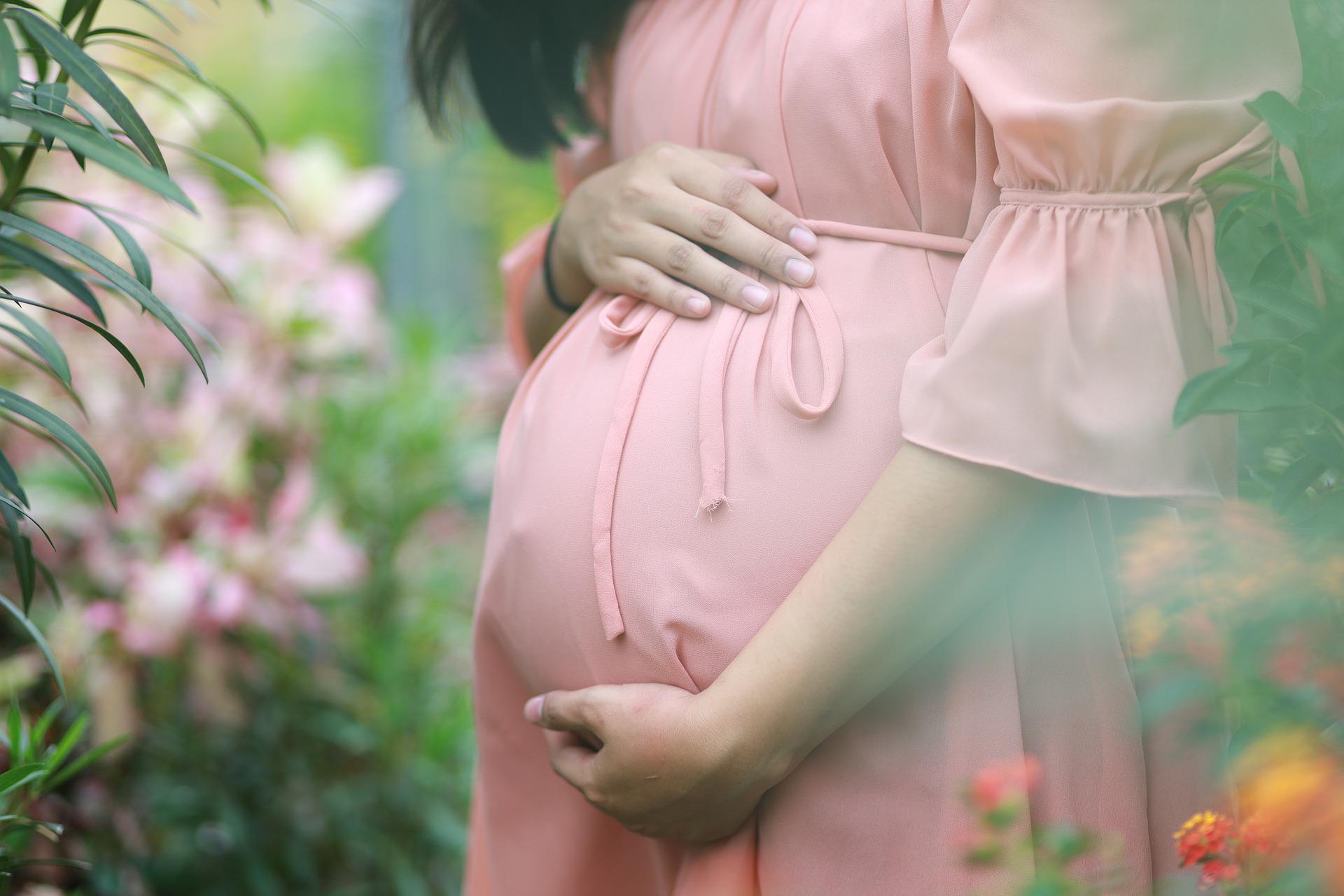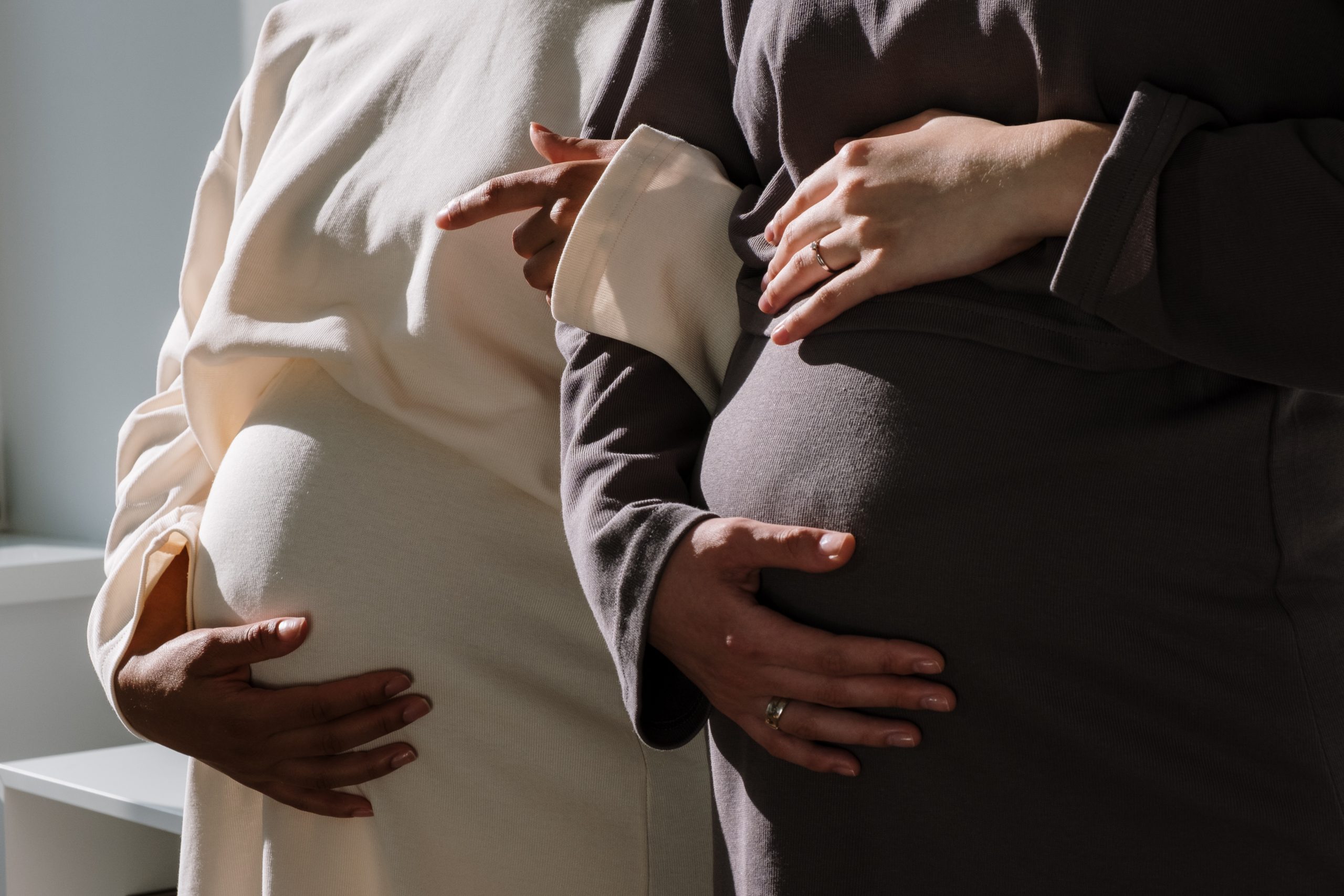Pregnancy is a physiological change which is experienced by a woman. When a sperm fuses with the ovum leading to the formation of a zygote, thus initiating the process of pregnancy. A woman may experience certain signs and symptoms indicating the pregnancy is achieved, these signs and symptoms can also occur due to different reasons and it’s always recommended to visit a doctor or gynecologist for further confirmation via blood tests and ultra sounds. While it’s not necessary that all pregnant women experience the same signs and symptoms and it’s also possible that a same woman may experience different signs and symptoms in her multiple pregnancies.
Some early signs and symptoms indicating that there is a bun in the oven are:
- Missed periods:
Missed periods can be an early sign of a pregnancy whereas not always as spotting and slight bleeding can also occur just after a week as a result of implantation I.e., the zygote is settled in the endometrial wall of the uterus. In women certain hormonal disorders and medical conditions can also cause delayed or missing of periods such as in PCOS, a woman may experience missed periods or heavy bleeding.
- Tender breasts:
A pregnant woman breast becomes tender or swollen due to the hormones (estrogen and progesterone) level changes. It is also painful at times as the breasts start preparing for the lactation process. Moreover, the areolas (small circular part around nipples) may become darker in color and wider in shape.
- Sensitivity to smell:
Pregnant woman experiences sensitivity to strong smell which results in nausea and vomiting. Sensitivity to smell is also an early sign of pregnancy which in some women get subsided by the end of first trimester (I.e., first three months of pregnancy) while some women face this issue throughout their pregnancy.
- Fatigue:
As it requires and consumes a lot of energy to build placenta and save fetus from mother’s body. A mommy-to-be experiences fatigue as early signs of pregnancy. Therefore, pregnant women also feel drowsiness and sleepy because of this fatigue.
- Basal body temperature:
If a woman keeps a record of her basal body temperature by regularly checking it via basal body thermometer, she may experience a slight increase or 1° increase in her normal basal body temperature which is an early sign of pregnancy.
- Cervical mucus:
A woman may experience discharge which is milky white creamy type of a mucus. Increase in cervical mucosal discharge is also an early sign of a pregnancy. A pregnant woman should check it thoroughly if a color of discharge changes to yellow or pink, she should consult her doctor as it may indicate any damage or infection in uterus.
- Frequent Urination:
Similarly with other early signs and symptoms of pregnancy frequent urination I.e., increase in urge to urinate is also observed in pregnant women. This is also because of hormones stimulates kidney to get rid of extra wastes more frequently and later as the fetus weight increases it presses the bladder leading to increase pressure on bladder, resulting in urge to frequently urinate.
- Morning sickness:
Morning sickness is the feeling of nausea and vomiting or feeling of throwing up early morning just after waking up is also an early sign of pregnancy. Morning sickness can be triggered by heat or strong smells. There is no known reason for it but research es suggest that it happens because of low sugar levels or may be because as placenta grows it causes increase production of hCg (human chorionic gonadotropin) hormone.
- Food aversions:
Food aversion is the craving of food. It may start along with morning sickness or a few days later but it appears in first trimester of pregnancy. Food aversions are also supposed to occur because of hCG hormone. These aversions sometimes decrease after the end of first trimester but in some cases, they last with the pregnancy.
- Mood swings:
Mood swings are also considered as an early sign of pregnancy, as they are associated with the hormonal changes in the women body. Sudden and increase change in hormones regulate the release of certain chemicals in brain which regulate mood. Sometimes it can be like happy a minute before and crying in next moment. Mood swings also occurs in PMS (premenstrual syndrome) and it is observed that women who got PMS more likely have mood swings in pregnancy. Not only hormones are alone responsible for mood swings, they can occur as results of stress, fatigue and change in metabolism.
The above-mentioned early signs of pregnancy can also occur due to different diseases and disorders in women, so it is always recommended that if you observe any of the above signs do take home pregnancy test or go to your doctor for further tests and ultrasound to confirm your healthy pregnancy.






